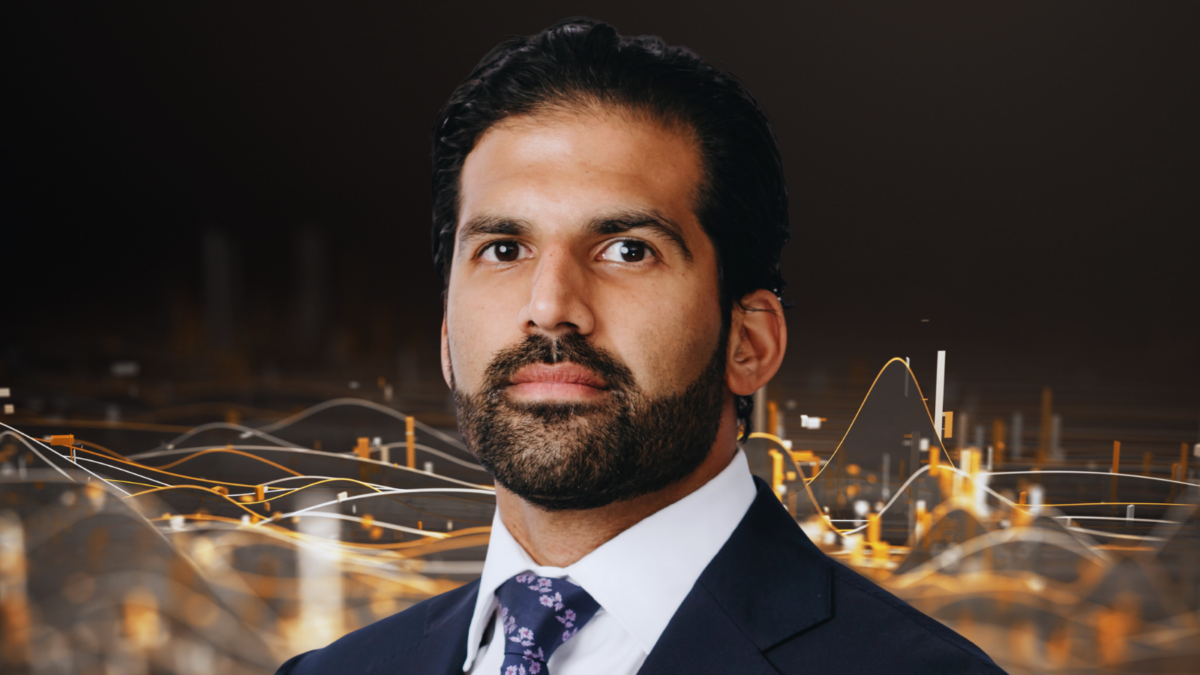Aware eyes a ‘very wide playing field’ for hedge funds
A changed market regime has heralded a new age of alts, with institutional investors everywhere flocking to private debt/equity and infrastructure in their search for yield. But while some asset classes are enjoying a golden era, hedge funds have been somewhat shaky.
“It’s been a mixed bag,” Jai Parrab, Aware Super associate portfolio manager for liquid alternatives and macro strategies, told the AIMA conference on Thursday. “The last 12 months – maybe the last 24 months – has kind of reminded us why we need to think in a really diversified way. That’s a cliché, but if you think back six months trend was all the rage – plus 70 per cent, everybody was running in, and that’s because it caught what nobody wanted to believe: this incredible move in interest rates.”
“It’s a beautiful thing, trend; it can believe what nobody else can believe. It just goes with prices. But then it gets challenged, and what we’ve seen since then is very choppy markets, large moves in rates and equities, and that’s when global systematic macro has come into play. It’s been a challenging period… hedge funds have struggled, but there’s been quite a large dispersion.”
Aware’s focus is mainly on the liquid hedge fund space (it has one portfolio “very focused” on growth strategies like multi-asset, macro and systematic funds and another on defensive trend and tail-risk hedging strategies). It thinks of alts “a little differently”; its status as a $160 billion industry fund with a benchmark, cost constraints and a healthy dose of peer risk means that it tries not to use them as a major return driver – primarily because they’re expensive and can move the fund quite far away from the benchmark.
“We’ve reframed our thinking; we think it’s a valuable asset class, but how can we use it to better our own investment capabilities and deliver for members? That’s really about partnership value… Instead of telling hedge funds ‘Here’s capital, go away and bring us return later’ it’s about how we can engage and partner with them.”
The number one question going forward is what happens with inflation and the negative bond/equity price correlation that underpins modern portfolio construction; or, more pointedly, how a big super fund – or any investment manager – makes more money when equities are under pressure at the same time bonds are losing money. That creates a “very wide playing field for hedge fund strategies”.
“How can alternatives protect the portfolio in that world, or generate meaningful alpha? You’ve got to think about what the inflation world looks like and what the reaction function of central banks will be, and that’s ambiguous at best… If you have uncertainty and dispersion and volatility, and those are magic words for hedge funds because things get mispriced – people are uncertain, capital is flighty, people are moving fast.”
Everybody is aware that inflation is a risk, but the industry at large hasn’t thought enough about what it means for the 70/30 portfolio if it’s sustained for the next 10 years, Parrab said. Compounding that problem is the fact that the manager reacting to that dynamic is a “new age trader” that’s never lived in a world of rapidly rising inflation.
“They’re used to a world where every time risk markets are falling; central banks can come and stimulate either by cutting interest rates or providing extraordinary stimulus… Just remember that you’ve got a central bank policy reaction function that pre-dates the current investor. When you’re looking at investing in something that has worked in the last 10 years, ask yourself: does this process or do these people make money in a world of something they haven’t seen before?”











